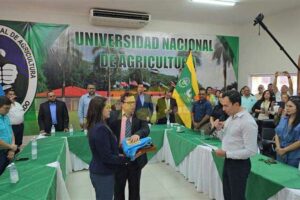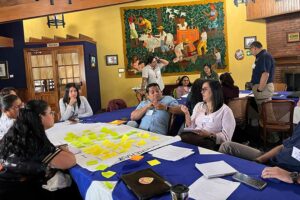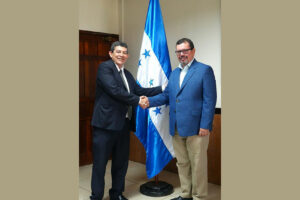CATIE's Director General joins the Advisory Board of the program for the substitution of chemical pesticides in Europe
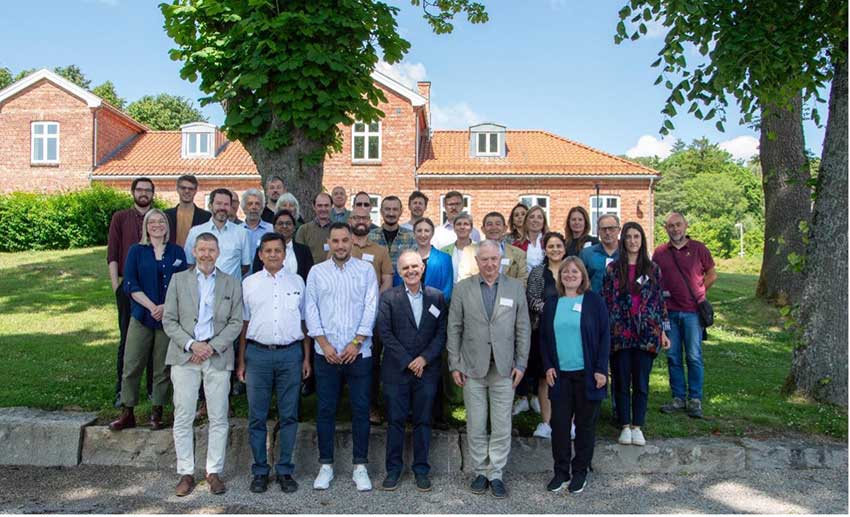
- Dr. Luis E. Pocasangre took part in the first working meeting of the project in Sarpsborg, Norway
The Director General of the Tropical Agricultural Research and Higher Education Center (CATIE), Dr. Luis Ernesto Pocasangre, visited the city of Sarpsborg, Norway, to participate, as a member of the Advisory Council, in the kick-off meeting of the Cropsafe program (Crop Protection Strategies for the Transition to Environmentally-Friendly Agriculture).
This program, led by the University of Alicante (Spain), is made up of 15 universities, research centers, technology centers, biorefineries and leading precision agriculture companies from Spain, Norway, the United Kingdom, Belgium, Denmark, Italy and Switzerland. Funding for this program comes from the Circular Bio-based Europe Joint Undertaking (CBE JU).
The program aims to replace toxic pesticides with active, sustainable substances that have a low environmental and health impact, according to a bulletin from the University of Alicante.
"Cropsafe aims to perform alternative control of soil pathogens in three crops of importance to Europe: tomato, potato and banana. It is expected that soil pathogens of these three crops will be managed using bacteria, endophytic fungi, and chemical compounds such as chitosan and derivatives of lignins, lignocellulase, alkaloids, resins and residues from the wood industry," Dr. Pocasangre explained.
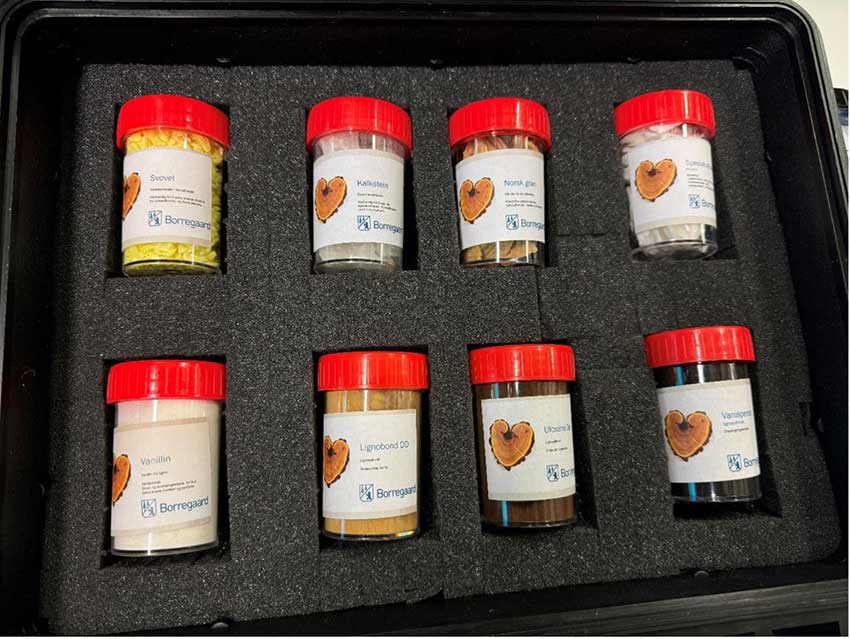
The working meeting of the Advisory Council began with a presentation of the program by its coordinator, Dr. Luis Vicente Lopez Llorca of the University of Alicante. This was followed by a presentation by the representatives of each of the organizations that make up the consortium.
The Cropsafe consortium is an example of a public-private initiative for the development of research with direct and indirect impacts on producers and society in general, with the active participation of the Ministries of Agriculture and Environment. “In the case of CATIE, it was suggested that it could support the Subprogram for Competitive Reactivation of the Horticultural Sector with the Ministry of Agriculture and Livestock (MAG) and the Development Banking System (SBD), as well as establish experiments in musaceae on the CATIE campus,” commented Dr. Pocasangre.
During the meeting, a possibility was discussed for members of the Cropsafe consortium to support CATIE in the preparation of research and financing proposals for ventures that meet the requirements to qualify for support from the European Union. Likewise, these institutions could, through their scientific personnel, provide support to CATIE's Graduate School.
Written by::
Alejandro Portilla Navarro
Communicator
Communications and Marketing Office
CATIE
alejandro.portilla@catie.ac.cr

